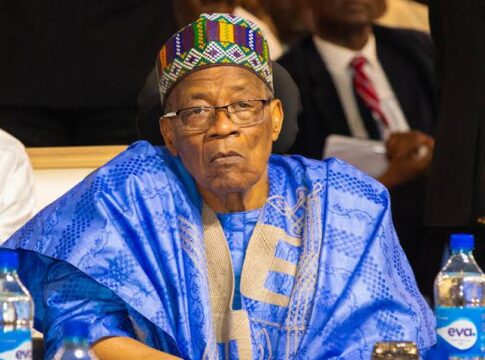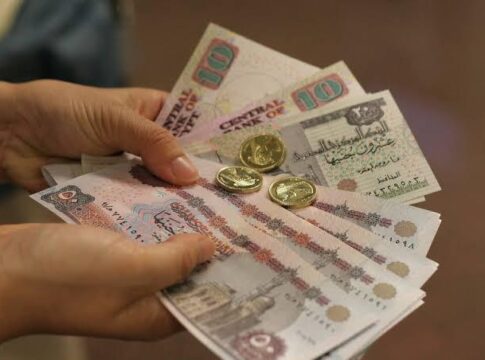Former military ruler Ibrahim Babangida has finally admitted what many Nigerians have long known; Moshood Abiola won the annulled 1993 presidential election. In his newly released memoir, “A Journey in Service”, Babangida called the annulment “regrettable,” but critics argue the confession comes decades too late and fails to address the damage done.
The book launch, held in Abuja, was a spectacle of wealth and power, drawing billionaires and top political figures, including President Bola Tinubu and former President Goodluck Jonathan.
The event raised N17.5 billion in donations, led by Abdul Samad Rabiu (N5 billion), Aliko Dangote (N6 billion, with an additional N2 billion pledge), TY Danjuma (N3 billion) among others.
While Babangida’s supporters celebrated his “boldness” in revisiting painful national events, many Nigerians saw the gathering as a glaring display of impunity, with past injustices glossed over by elites.
READ MORE: Mass Layoffs Hit USAID as 2,000 Lose Jobs, Thousands More Placed on Leave
The National Association of Ogun State Students (NAOSS) dismissed the book as a “cowardly attempt” to rewrite history. “Babangida is being hailed as a statesman, while Abiola, who gave his life for democracy, remains denied justice,” said NAOSS President Kehinde Thomas.
The family of late General Mamman Vatsa, executed under Babangida’s regime, also condemned the memoir as “a reference material for criminals.” Jonathan Vatsa, a family spokesperson, accused Babangida of distorting facts and “haunting the dead.”
EFCC Urged to Probe N17.5 Billion in Book Launch Donations
Beyond the political backlash, the book launch has also triggered calls for an anti-corruption investigation. The Resource Centre for Human Rights & Civic Education (CHRICED) urged the Economic and Financial Crimes Commission (EFCC) to scrutinize the origins of the lavish donations. “In a country battling economic hardship, such large-scale contributions must be questioned,” said CHRICED’s Executive Director Ibrahim Zikirullahi.
The group also criticised the presence of political heavyweights at the launch, calling it “a disturbing endorsement of impunity.” Zikirullahi warned that if Babangida is not held accountable, the Tinubu administration risks losing credibility in the fight against corruption.
Meanwhile, human rights lawyer Dele Farotimi dismissed the memoir as “a mixed bag of lies, half-truths, urban legends, and obfuscations,” urging Nigerians not to fall for revisionist narratives.
For many Nigerians, Babangida’s confession offers no closure. The annulment of the 1993 election plunged the country into chaos, leading to Abiola’s imprisonment and eventual death. While Babangida enjoys the luxury of rewriting history on his own terms, victims of his regime remain forgotten.




